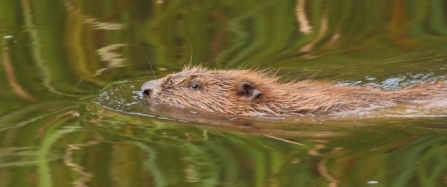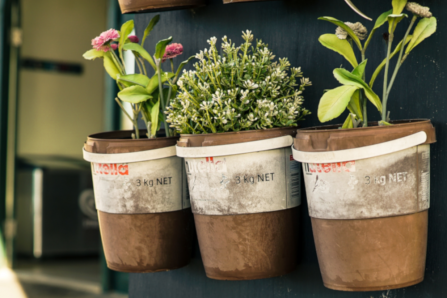1. Buy your loved ones experiences, not stuff!
The sharing of Christmas gifts has come a long way from frankincense and myrrh: during December the British public will collectively spend £446,000 every single minute on Christmas presents alone, which adds up to a lack of gifts under a lot of trees. We all like receiving presents, but there’s no need to accumulate mountains of physical stuff — why not treat your family to experiences or memberships instead? Not only is this a far greener option, researchers have also found that experiences actually make better gifts than physical possessions!
If you have a wildlife lover in your clan then you could do a lot worse than presenting them with a gift membership to Cornwall Wildlife Trust. Or perhaps you might like to book them in for a guided tour around our beaver project so they can see how Cornwall’s celebrated re-introductions are getting on with their busy undertakings.


